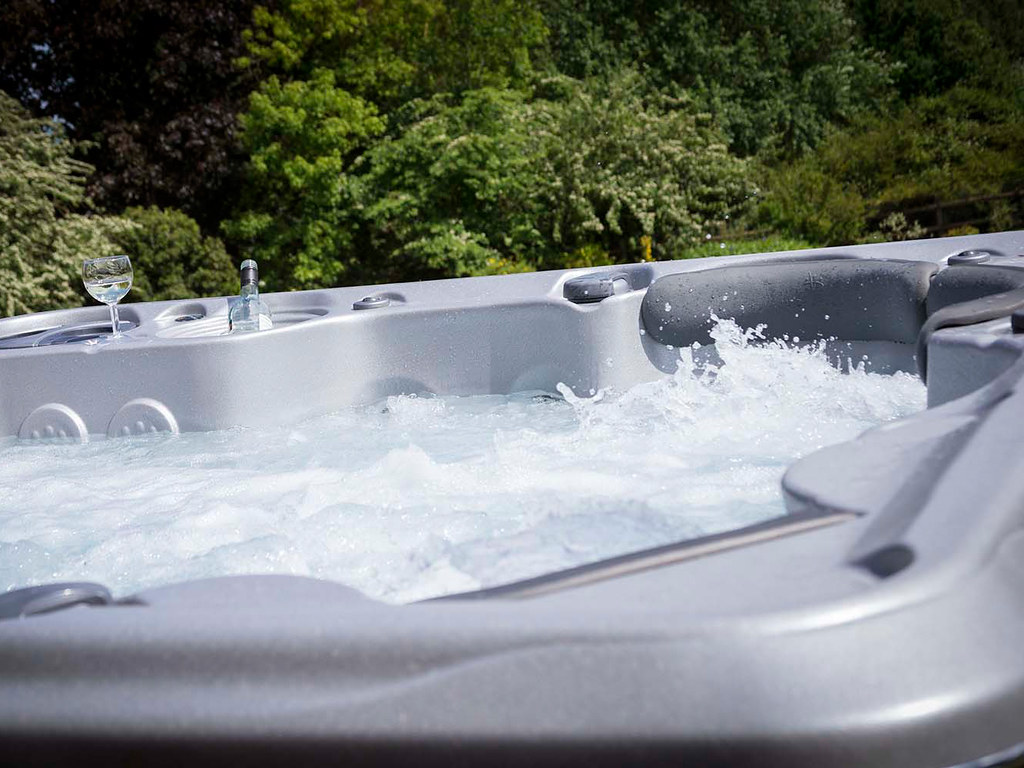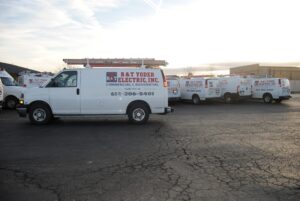
Ensure pool safety with these tips: Have a pro do installations. Ground pool electricals. Regularly check and maintain components. Before repairs, disconnect power. Use outdoor-ready equipment. Inspect pump for issues. Check pump motor connections. Clean or replace clogged filters. Ensure proper heater function. Check lights and test GFCI outlets. Troubleshoot by checking breakers and GFCIs. Look for damaged wiring or connections. Address water damage promptly. Reach out to an electrician if needed. Maintain pool lights, fixtures, and wiring. Observe safety protocols. Adhere to electrical codes. Ensure a safe pool environment by following these tips.
Pool Electrical Safety Measures
To ensure the safety of individuals using pool electrical systems, it is imperative to implement strict adherence to safety measures. Firstly, always ensure that all electrical installations near the pool are performed by a qualified electrician. This is crucial to prevent potential hazards that could arise from faulty wiring or improper connections. Additionally, all electrical equipment used in and around the pool should be properly grounded to reduce the risk of electric shock.
Furthermore, it is essential to regularly inspect and maintain all electrical components, such as pool lights, pumps, and heaters. Any signs of wear and tear should be addressed promptly to avoid malfunctions that could pose a danger to swimmers. When conducting maintenance or repairs, always remember to disconnect the power supply to the pool to prevent accidental electrocution.
Lastly, never compromise on the quality of electrical equipment used in the pool area. Opt for products that are specifically designed for outdoor and wet environments to ensure maximum safety. By following these safety measures diligently, you can create a secure environment for everyone enjoying the pool.
Routine Pool Equipment Inspections
Inspect pool equipment regularly to ensure proper functioning and safety for all users. Begin by examining the pool pump, checking for any unusual noises, leaks, or signs of damage. Verify that the pump motor is securely mounted and that the electrical connections are tight. Next, inspect the pool filter for any clogs or tears in the filter media. Clean or replace the filter as needed to maintain efficient filtration.
Move on to the pool heater, confirming that it ignites properly and reaches the desired temperature. Check for any corrosion or rust on the heater components. Inspect the pool lights, ensuring they illuminate brightly and that the wiring is intact. Test the GFCI outlets near the pool for proper functionality to prevent electrical hazards.
Lastly, assess the pool cover for tears or wear that could compromise its safety features. Regular inspections of all pool equipment help identify issues early, preventing costly repairs and ensuring a safe swimming environment for everyone.
Troubleshooting Pool Electrical Issues
If you encounter electrical problems with your pool, start by checking the circuit breakers for any tripped switches. Tripped breakers can cause power interruptions to your pool equipment. Ensure that all switches are in the correct position before proceeding. Next, inspect the GFCI outlets near the pool area. These outlets are designed to trip when they detect electrical imbalances, ensuring safety. Reset any tripped GFCI outlets by pressing the reset button. If the problem persists, inspect the pool wiring for any visible damage, such as frayed wires or loose connections. Address any issues promptly to prevent further electrical problems. Additionally, check the pool equipment for signs of water damage or corrosion, as these can also lead to electrical malfunctions. If you are unable to identify or resolve the electrical issue on your own, contact a professional electrician with experience in pool electrical systems for assistance.
Proper Pool Lighting Maintenance
Ensure proper pool lighting maintenance by routinely cleaning light fixtures and replacing any faulty bulbs to ensure optimal illumination and safety for your pool area. Regularly inspect the light fixtures for any signs of damage or wear, such as corrosion or water leakage, and address these issues promptly to prevent further damage. When cleaning the fixtures, make sure to turn off the power supply to avoid any electrical hazards. Use a soft cloth or sponge with mild detergent to wipe away any dirt or debris from the surface of the fixtures. Additionally, check for any loose connections or exposed wires and tighten or repair them as needed to maintain proper functionality. When replacing bulbs, ensure they are the correct wattage and type recommended for your specific light fixtures to avoid potential hazards. By following these maintenance tips, you can ensure that your pool lighting remains in top condition, providing a safe and well-lit environment for your enjoyment.
Understanding Pool Electrical Codes
To adhere to safety standards and regulations for your pool’s electrical system, familiarize yourself with the applicable pool electrical codes. These codes are designed to ensure the proper installation and maintenance of electrical components in and around pools to prevent hazards and accidents. One crucial aspect of pool electrical codes is the requirement for Ground Fault Circuit Interrupters (GFCIs) to be installed for all electrical equipment within a certain distance from the pool. This safety measure helps prevent electric shock incidents. Additionally, pool electrical codes often dictate the proper bonding and grounding of all electrical equipment to further enhance safety.
Understanding pool electrical codes also involves compliance with regulations related to the placement of outlets, lighting fixtures, and equipment in proximity to water. These codes typically specify the distances these components must maintain from the pool to minimize the risk of water-related accidents. By following these codes diligently, you can create a safer environment for swimmers and ensure the longevity of your pool’s electrical system.







